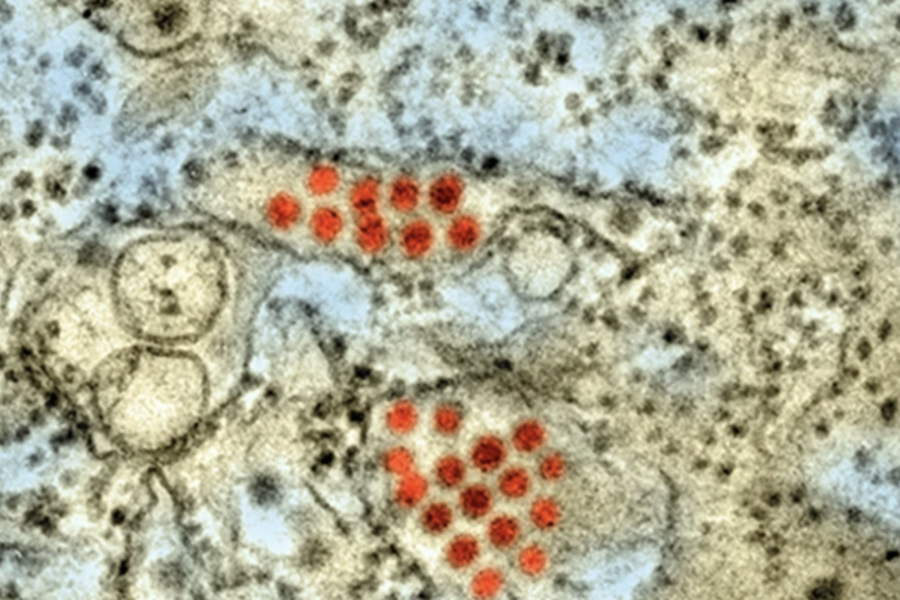Dengue is on the march. This year, more than 4.2 million cases of the disease, which is caused by a virus transmitted by mosquitoes, had been reported by 2 October, compared with half a million in 2000. And the disease, which was once confined to the tropics, is spreading to new locations around the world, including southern Europe.
There is no specific treatment for dengue, which is also known as breakbone fever and can cause fever, bone pain and even death. The available vaccines have important limitations, and controlling the mosquitoes that transmit the disease is challenging.
But scientists are not sitting idle. At the annual meeting of the American Society of Tropical Medicine and Hygiene, held in Chicago, Illinois, last month, researchers shared the latest results of their efforts to develop vaccines, antiviral medications and mosquito-control methods to curb the disease. Every available tool is needed, they say.
“We’re seeing the emergence of dengue in areas where we’ve never seen it before,” Adam Waickman, an immunologist at SUNY Upstate Medical University in Syracuse, New York, said during the meeting. “Effective dengue control is going to require multi-layered efforts.”
